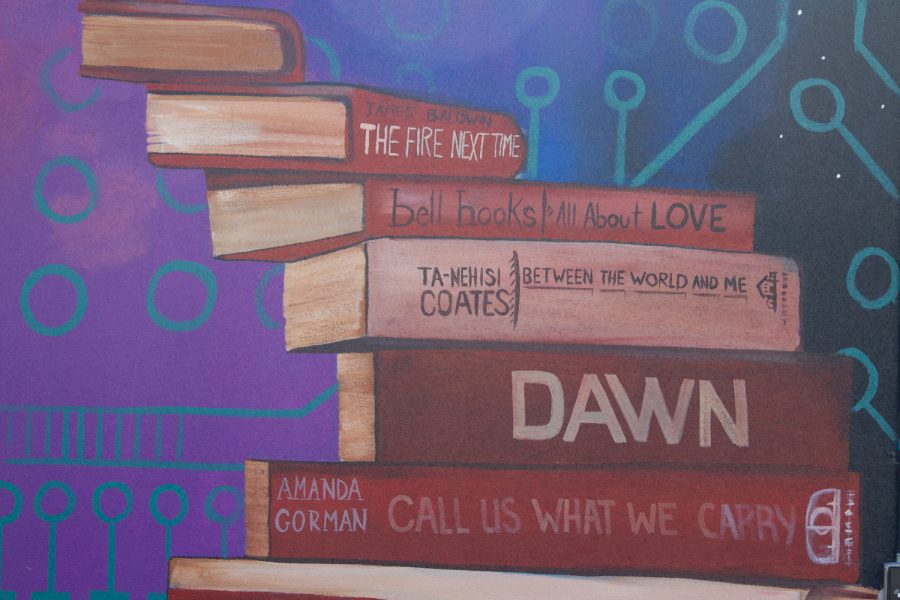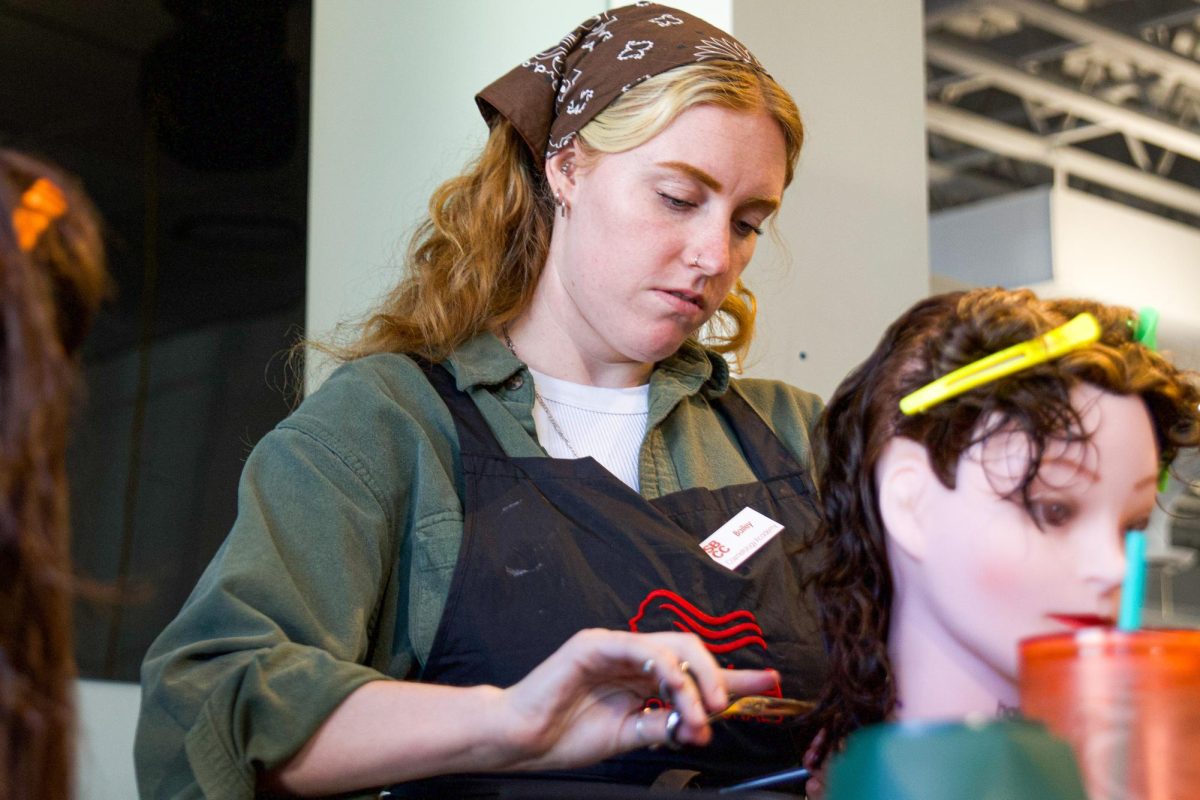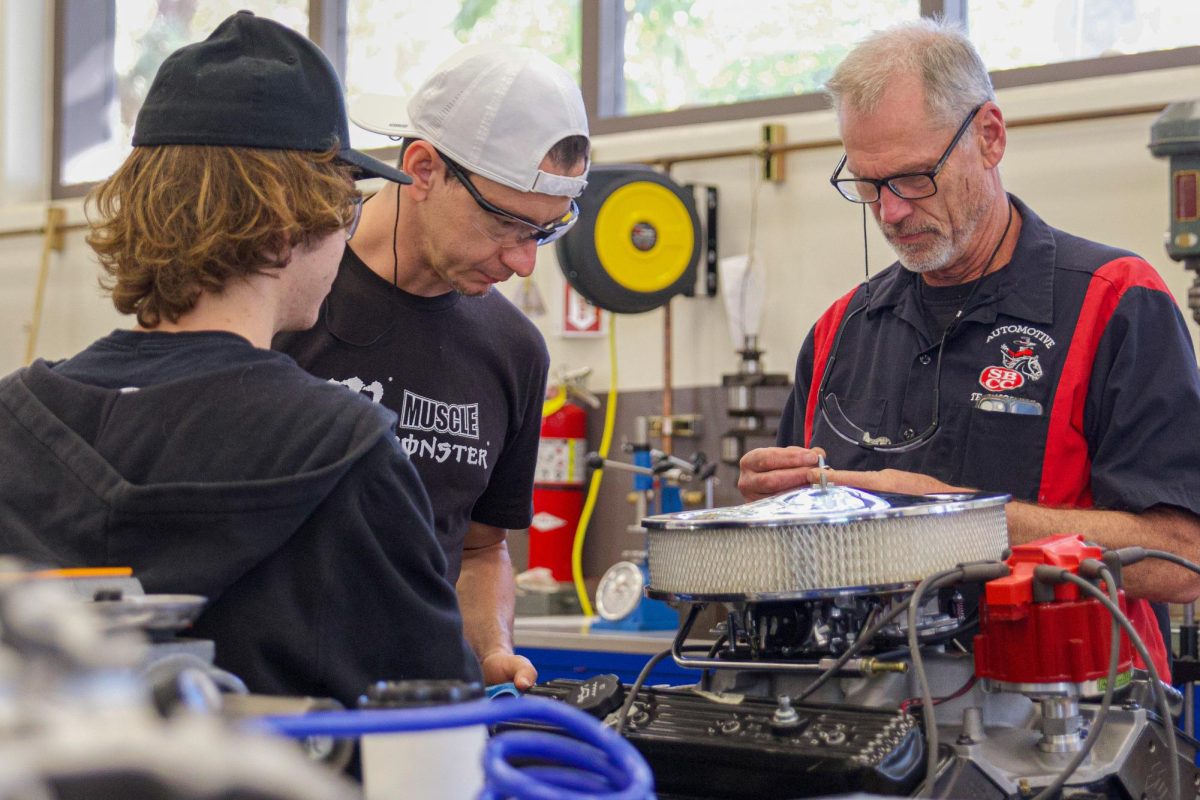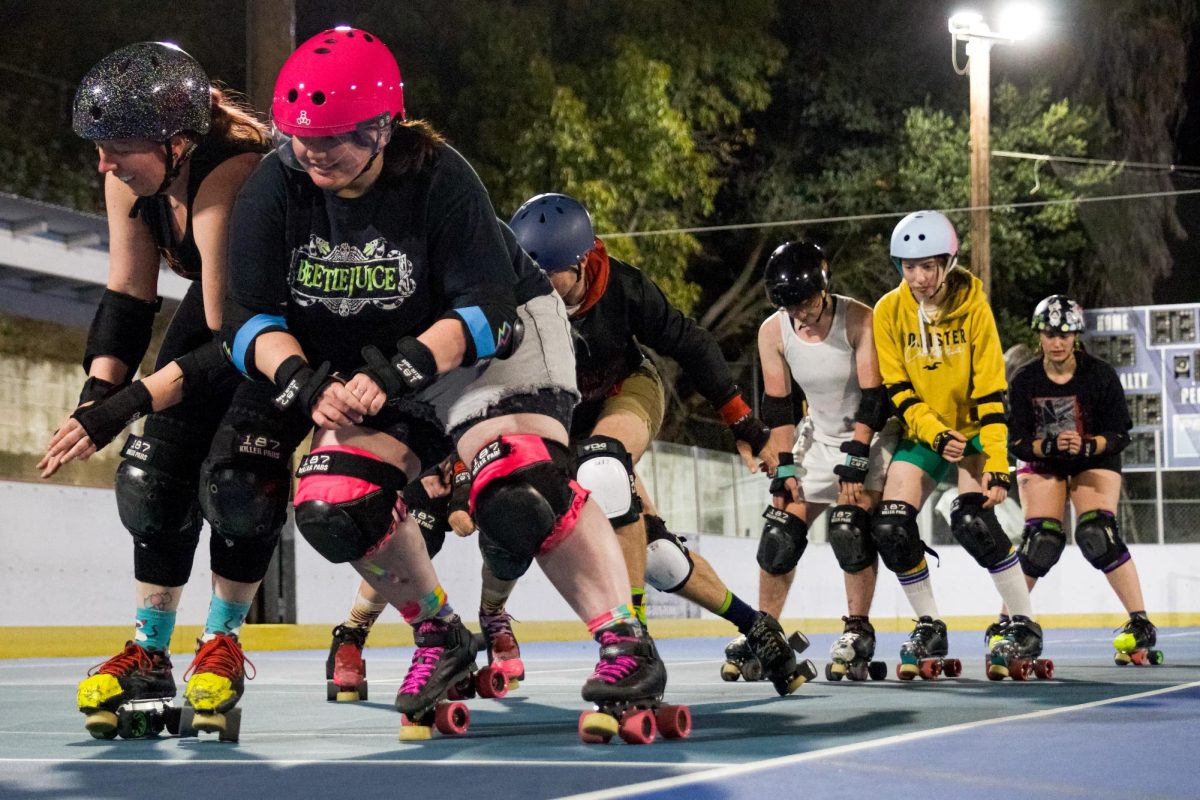This year, the Umoja program has relaunched its dedicated English 110 classes at City College. The original 110 class, which focuses on composition and reading, was launched in 2018. This semester’s course is the first lecture put into place since COVID-19 began and includes the highest enrollment the program has ever had. This course is only open for Umoja students. In the past, classes have been open to all.
The program provides two course options. These include an Umoja only course and an Umoja supported course which is open to anyone.
“We have found that students are most successful when it is a concentrated Umoja cohort,” said Roxanne Byrne, coordinator of equity, diversity, and cultural competency. Byrne also overlooks the Umoja program.
In order to create a sense of belonging for Black students, each class provides a tutor and a “supportive faculty member” that teaches from a “Afro-centric perspective.” Instructed by Kathy Molly, this class takes place on Tuesdays and Thursdays from 10:30 a.m. to 12:35 p.m.
Community and connection are only a few surface goals of the Umoja program according to Byrne. The word Umoja has a deep history behind it. It is used a lot within African American communities and it is a significant concept of a language that is spoken in East Africa, otherwise known as Kiswahili. Umoja founders chose this term for their program, as it means unity.
According to Umoja’s website, the point of the program is to educate “the whole student-body, mind, and spirit” through the program.
“We provide a place that feels like home and just feels comforting and connected. We have a student that always jokes that when I yell their name out they say ‘you sound like my momma,” Byrne said.
As a statewide program, Umoja is present across all of California’s City Colleges. According to City College’s website, “Umoja is a community and critical resource dedicated to enhancing the cultural and educational experiences of African American and other students.” This program is a part of the Center for Equity and Social Justice Department (CESJ) which includes four centers. These consist of CESJ, the Basic Needs Center, the Dream Center, and Umoja.
According to Byrne, Black students only make up 2.57% of City College’s student population, whereas the largest demographic, 38.5%, is made up of white students. “There is a sense of community, family, and unity that is lacking for a lot of African American students and I would say other minority students on our campus,” Byrne said.
Andy Gil, the academic counselor for this specific program, can answer any questions students who are interested in the Umoja program may have.
Further development of a work readiness internship program is being made by the leaders of Umoja in order to help students in the program gain skills that are applicable for future employment as well as life skills. Byrne and others are working with other departments of City College to build more courses that are Umoja specific.








